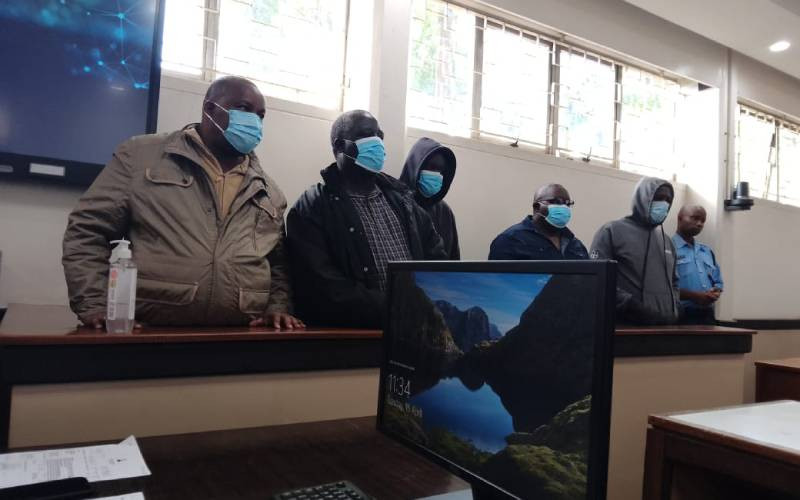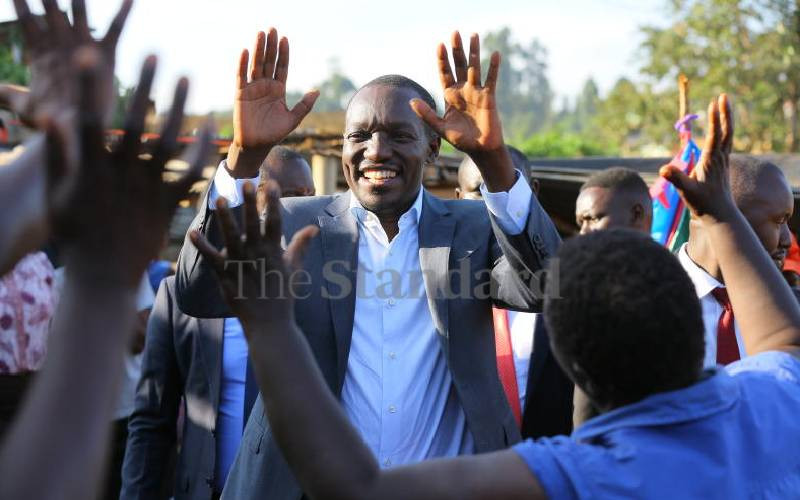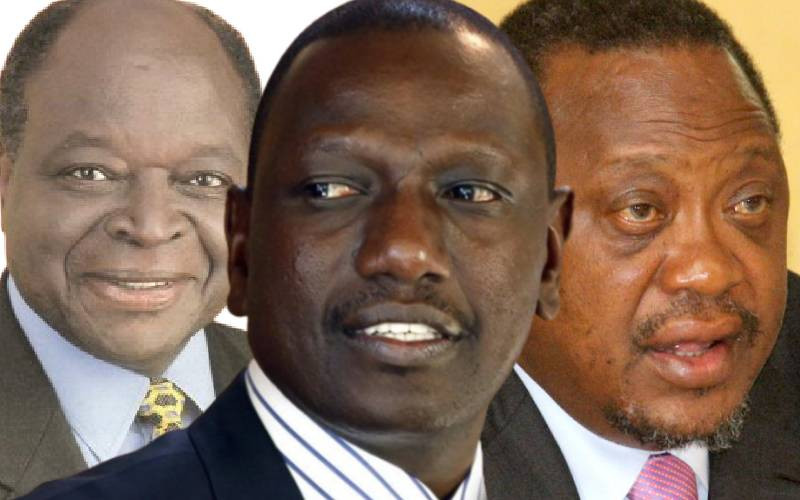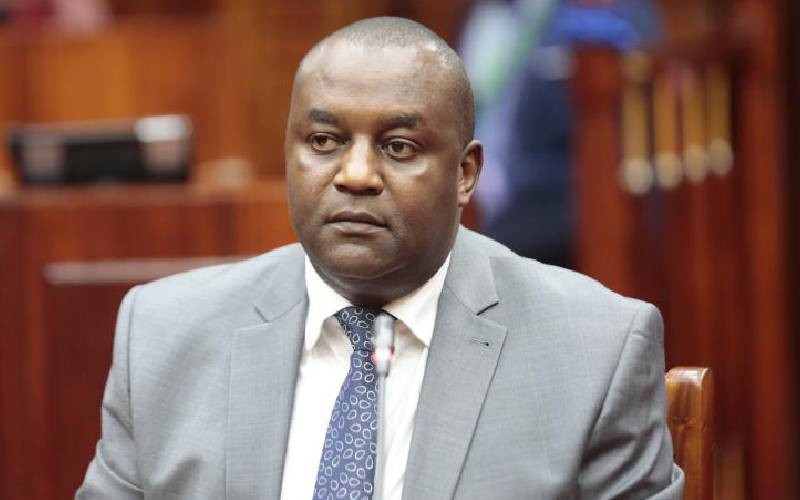As the political assault on the “war on corruption” intensified, several politicians this week raised the issue of the Directorate of Criminal Investigations’ (DCI) authority on investigations into corruption. I would normally dismiss such allegations as the uninformed antics of idle politicians, but I have been around long enough to sense when what is seemingly idle talk morphs into serious political decisions, eradicating some officer.
This has been true of all former EACC honchos -- from the theatrical Harun “the Boss” Mwau, to Judge Ringera of the shark slaying fame, through the erudite PLO, the serene Mumo Matemu and finally the tough talking Philip Kinisu. They were all hounded out of office after funeral meeting pronouncements. I suspect DCI Kinoti is made of sterner stuff but the sounds that accompanied the EACC sackings sounded eerily like what we are hearing on the DCI boss. We would be remiss if we do not clarify the law on the issue even as we leave the politicians to do their bit, hopefully informed on the law.
Chapter Six
Firstly, the politicians are misinformed on one basic fact; there is no exclusivity of jurisdiction on crime investigation for the EACC. The Constitution and the constitutive Act of the EACC grants it the mandate of the enforcement of Chapter 6 of the Constitution, which includes investigations into corruption. However, that power is not exclusive. The National Police Service is mandated by the Constitution in Article 244 to “prevent corruption and promote transparency and accountability.” The constituting Act of the Service enjoins it to “detect and prevent all crime.” Right there, the Constitution makes it clear that the investigation and prosecution for corruption is not an exclusive mandate of the EACC.
The DCI, a department of the National Police Service, is specifically mandated by law to undertake investigations into serious crimes. Such crimes would of necessity include economic crimes and corruption. Even more important, there is no precise boundaries within the crime province. A crime of corruption would in many circumstances involve other crimes which are specifically allotted to the DCI. For instance, the Police Service Act mandates the DCI to investigate money laundering, a crime closely related to corruption. Sometimes the crime of corruption is associated with tax evasion which KRA investigates.
Consequently, it would be a practical impossibility to argue for precise investigative boundaries between the various investigative agencies. No one doubts that this situation can present practical difficulties as different agencies pursue similar offences leading many times to conflicts whose effect can only be to prejudice investigations. It also causes undue inconvenience to witnesses who have to report to a multiplicity of agencies to respond to queries on the same subject. It can also lead to forum shopping where different actors prefer specific agencies to investigate their cases for whatever reason.
It is for this reason that the government mandated the agencies to create the Multi-Agency Team which comprises all the organs that are engaged in the prevention of economic crimes. Since this team started working, there has been obvious movement on the investigative side of corruption. We have the highest number of corruption cases presented to Court. Of course, we can only know how serious the team is once we see convictions. But to the credit of this arrangement, there has not been a whiff of complaint by any agency which makes one wonder on whose behalf the politicians are complaining.
Let’s accept. Corruption is such an insidious cancer that Kenyans do not care who is pursuing corruption suspects. They really just want the job done. That discourse of who should investigate and who is targeted may excite the political folk, but Kenyans just do not care.
**This week I made a fundamental error in a TV station on the rights of a suspect jailed for a defilement offence where it appears there was gross miscarriage of justice. I caught well deserved flak on social media. Truth be told, none of us are infallible. To my listeners, mea culpa; we grow wiser each day.
- The writer is an Advocate of the High Court of Kenya
 The Standard Group Plc is a
multi-media organization with investments in media platforms spanning newspaper
print operations, television, radio broadcasting, digital and online services. The
Standard Group is recognized as a leading multi-media house in Kenya with a key
influence in matters of national and international interest.
The Standard Group Plc is a
multi-media organization with investments in media platforms spanning newspaper
print operations, television, radio broadcasting, digital and online services. The
Standard Group is recognized as a leading multi-media house in Kenya with a key
influence in matters of national and international interest.
 The Standard Group Plc is a
multi-media organization with investments in media platforms spanning newspaper
print operations, television, radio broadcasting, digital and online services. The
Standard Group is recognized as a leading multi-media house in Kenya with a key
influence in matters of national and international interest.
The Standard Group Plc is a
multi-media organization with investments in media platforms spanning newspaper
print operations, television, radio broadcasting, digital and online services. The
Standard Group is recognized as a leading multi-media house in Kenya with a key
influence in matters of national and international interest.








